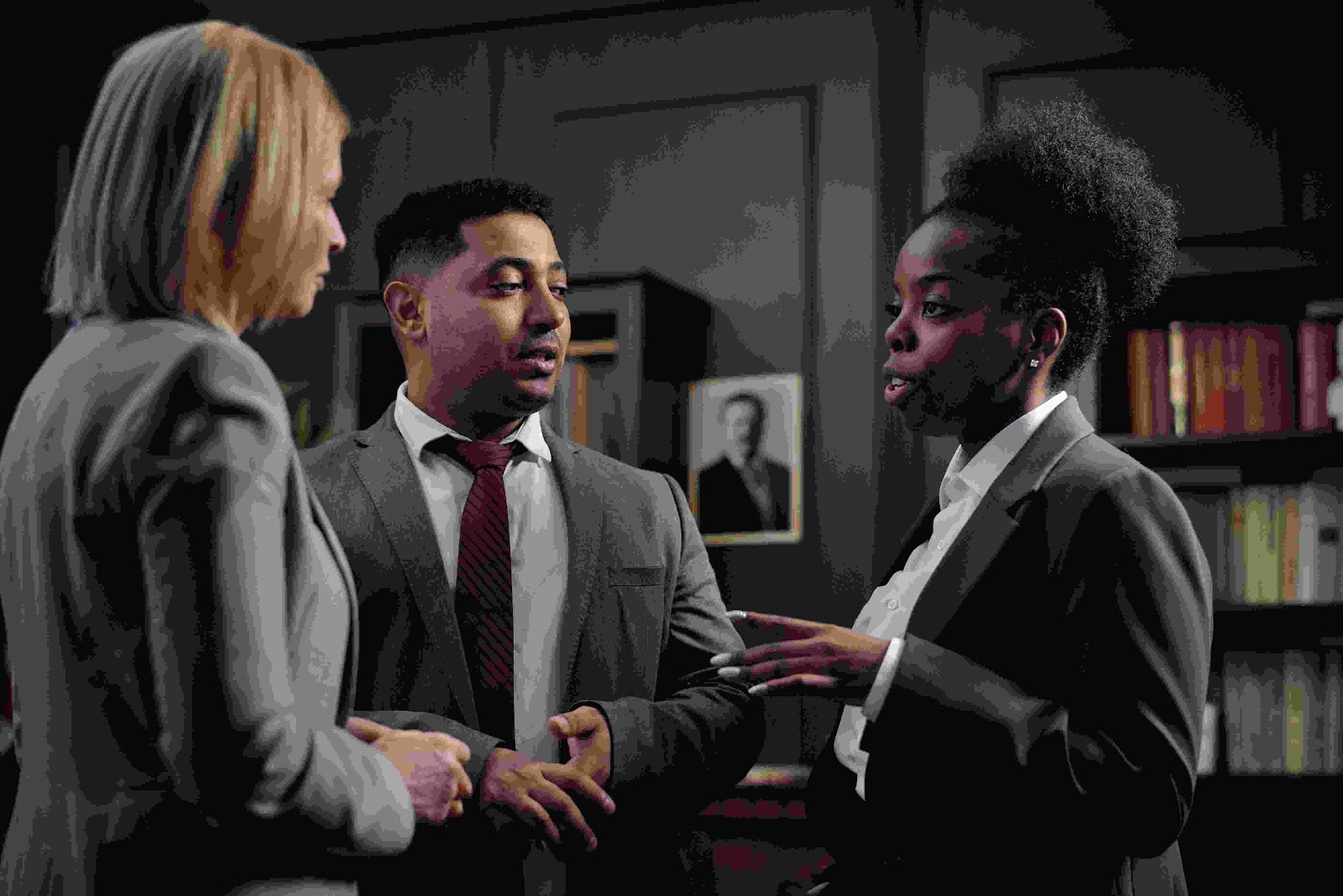How to handle family domestic violence legally
In this article, we will explore the steps to handle domestic violence legally and the role a lawyer plays in supporting victims through the process. You may love to read this article, child custody and visitation rights
Combating domestic violence in a legal Way
Domestic violence is a deeply troubling and widespread issue affecting countless individuals and families worldwide. Defined as a pattern of abusive behavior used by one partner to gain control over another in an intimate relationship, domestic violence encompasses physical, emotional, psychological, and economic abuse.
Victims of domestic violence often find themselves trapped in a cycle of fear and isolation, unsure of how to break free from their abusive circumstances. However, with the assistance of a skilled and compassionate lawyer, victims can access crucial legal remedies that can help protect them and ensure their rights are upheld.
First, Understanding Domestic Violence
Before delving into the legal aspects, it is essential to recognize the signs and consequences of domestic violence. Victims often experience physical harm, such as bruises, broken bones, and even more severe injuries, resulting from the abuser's violent outbursts.
However, domestic violence is not solely confined to physical abuse; it can manifest in various forms, including emotional manipulation, verbal threats, social isolation, financial control, and sexual coercion. All of these forms of abuse can leave deep emotional scars, undermining the victim's self-esteem and overall well-being.
Seeking Legal Protection against family domestic or domestic violence
1. Contacting Law Enforcement:
The first step in handling domestic violence legally is to contact law enforcement immediately when an incident occurs or when you fear for your safety. Police officers are trained to handle such situations with sensitivity and urgency. Their intervention can provide temporary protection through restraining orders or emergency protective orders, separating the victim from the abuser.
2. Temporary Restraining Orders (TROs):
A Temporary Restraining Order (TRO) is a legal document issued by a court that restricts the abuser from making any contact with the victim or their family members. It aims to maintain a safe distance between the victim and the perpetrator. A lawyer can assist in filing the necessary paperwork and presenting evidence to support the request for a TRO.
3. Finding a Safe Shelter:
Lawyers can also guide victims in finding safe shelters or temporary housing where they can escape the immediate danger. These shelters are equipped with resources and support networks to help victims rebuild their lives away from the abusive environment.
4. Long-term Protective Orders:
Long-term Protective Orders, also known as restraining orders or orders of protection, provide an extended layer of protection beyond TROs. A lawyer can help victims file for these orders, which may last for several months or years, depending on the jurisdiction and the severity of the abuse.
5. Child Custody and Support:
If children are involved in the abusive relationship, a lawyer can assist the victim in securing child custody and support orders, ensuring the children's safety and well-being.
Legal Remedies for Victims
1. Family Law Proceedings:
A lawyer specializing in family law can guide victims through the legal process of divorce or separation from the abuser. These proceedings address critical issues such as property division, alimony, and child custody. Additionally, the lawyer can advocate for the victim's rights and safety during the legal proceedings.
2. Criminal Charges:
In cases where the abusive partner has violated criminal laws, such as assault, battery, or stalking, a lawyer can help the victim pursue criminal charges against the abuser. This can result in penalties such as imprisonment or probation for the perpetrator.
3. Civil Lawsuits:
Victims may have grounds to file civil lawsuits against the abuser seeking damages for injuries, medical expenses, emotional distress, and lost wages. A lawyer can assess the situation and help victims understand their legal rights and options for pursuing compensation.
4. Immigration Support:
For victims who are immigrants or are on dependent visas tied to the abuser, a lawyer can provide guidance on seeking legal immigration status independently of the abusive relationship. Various protections exist under the Violence Against Women Act (VAWA) and U visas, which are available for victims of certain crimes, including domestic violence.
The Role of a Lawyer
1. Legal Expertise
One of the most crucial aspects of a lawyer's role in handling domestic violence cases is their legal expertise. Lawyers are well-versed in the intricacies of the law, ensuring that victims' rights are protected and that they receive the appropriate legal remedies. They can provide you with advice on what to do.
2. Personalized Advice:
Each domestic violence case is unique, and a lawyer can provide personalized advice tailored to the specific circumstances of the victim. This guidance empowers victims to make informed decisions and pursue the best legal course of action.
3. Gathering Evidence:
A lawyer can assist in gathering evidence to support the victim's claims, whether it be eyewitness accounts, medical records, or digital evidence of harassment. This evidence is essential in securing protective orders, criminal charges, and civil lawsuits.
4. Court Representation:
Navigating legal proceedings can be overwhelming and emotionally draining for victims. A lawyer can represent the victim in court, advocating on their behalf and presenting the case persuasively to judges and juries.
5. Emotional Support:
Domestic violence cases can take a toll on the emotional well-being of victims. Lawyers, often trained in handling sensitive matters, can offer empathy and support throughout the legal process.
Conclusion
Domestic violence is a deeply distressing issue that demands urgent attention and comprehensive legal solutions. Seeking the assistance of a lawyer is a crucial step in handling domestic violence legally, ensuring that victims receive the protection they need and deserve.
Through restraining orders, legal remedies, and court representation, lawyers can empower victims to break free from the cycle of abuse and begin their journey towards healing and reclaiming their lives. Together, with a collective commitment to ending domestic violence and supporting survivors, we can strive towards a safer and more compassionate society for all.
Disclaimer: this article is only for information purpose and should not be treated as a legal advice.

%20(1).jpg)
